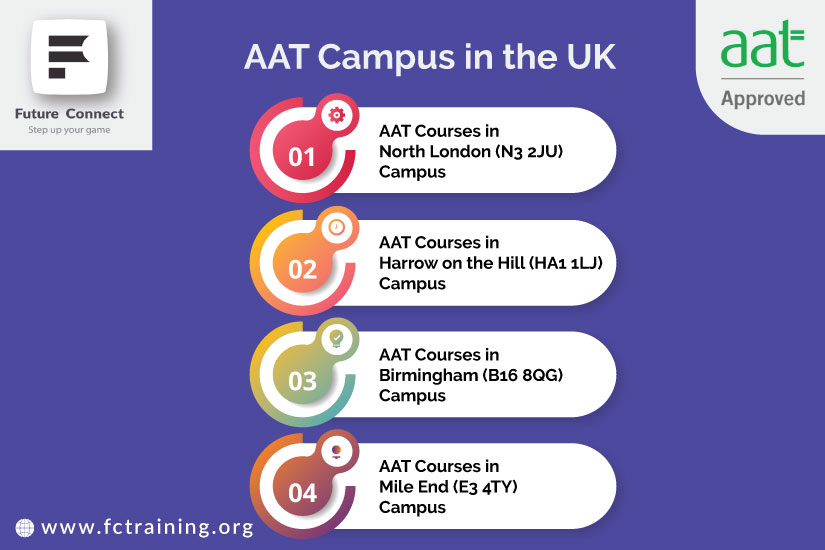Embarking on your journey towards AAT Level 3 is a significant step towards achieving your career goals in accounting. This comprehensive guide is designed to provide you with all the essential information, tips, and insights to navigate through this level successfully. From understanding the significance of AAT Level 3 to exploring career opportunities, we’ve got you covered.
Understanding AAT Level 3
AAT Level 3, also known as Advanced Diploma in Accounting, builds upon the foundation laid in previous levels, delving deeper into advanced accounting principles and practices. At this stage, students refine their skills in financial accounting, management accounting, and ethical practices, preparing them for more complex roles in the field of accounting and finance.
Exploring the Syllabus
In AAT Level 3, students delve into topics such as advanced bookkeeping, final accounts preparation, management accounting, ethical practices for accountants, and indirect tax. Each module is meticulously designed to provide a comprehensive understanding of key accounting concepts and their practical applications in real-world scenarios.
Benefits of Pursuing AAT Level 3
- Enhanced Career Opportunities: AAT Level 3 opens doors to a wide range of career opportunities in accounting and finance, including roles such as accounts assistant, finance officer, or tax assistant.
- Professional Development: Completing AAT Level 3 demonstrates your commitment to professional development and enhances your credibility as an accounting professional.
- Progression to Higher Qualifications: Successful completion of AAT Level 3 paves the way for further advancement, such as pursuing chartered accountancy or other higher qualifications.
Preparing for Success
To excel in AAT Level 3, it’s essential to approach your studies with dedication and a strategic plan. Here are some tips to help you prepare effectively:
Create a Study Schedule
Develop a study schedule that allocates sufficient time for each module and allows for regular revision. Consistency is key to mastering complex accounting concepts.
Utilize Resources Effectively
Make the most of study materials provided by AAT, including textbooks, practice questions, and online resources. Additionally, seek guidance from tutors or mentors to clarify any doubts and reinforce your understanding.
Practice Regularly
Apply theoretical knowledge to practical scenarios by solving practice questions and past exam papers. Practising regularly not only helps in retention but also boosts confidence in tackling exam questions.
Stay Updated
Stay abreast of developments in the accounting field by reading industry publications, attending seminars, and participating in online forums. This will enrich your learning experience and broaden your perspective on accounting practices.

